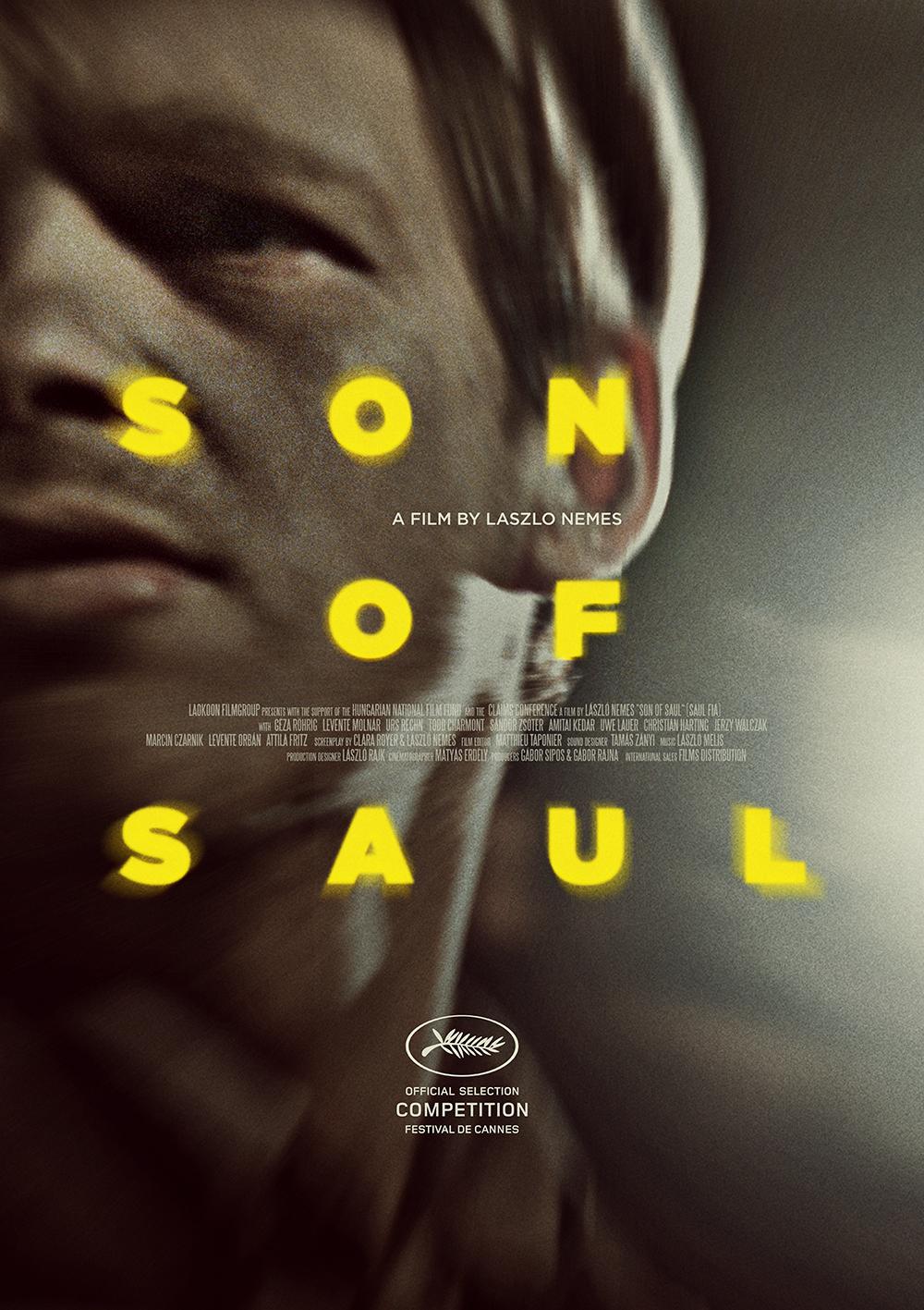Link Brunch
 Sunday, December 20, 2015 at 11:49AM
Sunday, December 20, 2015 at 11:49AM Now with unlimited mimosas
Towleroad a Russian distributor is planning some law-defying cinephilia -- they're going to release Carol despite Russia's absurdly homophobic "anti-propaganda" law
Marvel 2016 is Captain America's 75th anniversary so they'll be the new film Captain America: Civil War as well as a 2 hour TV special "75 Heroic Years" to air on ABC on January 19th
Pajiba clears up what the word "spoiler" means since the internet is always confused about it
MNPP Save the date - new Michael Fassbender picture on Oct 13th, 2017
Comics Alliance forget what we said earlier about Nicole Kidman co-starring in Wonder Woman. Apparently they coudln't work out schedules. The'll presumably be looking for another iconic star in Kidman's age range for the Queen of the Amazons

List-Mania
Associate Press and Rolling Stone have best albums lists for 2015. Adele's "25" and Madonna's "Rebel Heart" make both of the top 10s
i09 best comics and graphic novels of the year
Film Comment picks the 20 best undistributed films of the year. I haven't seen even one of them which is strange given multiple festivals this year
THR the Women Film Critics Circle goes all in for Suffragette with 7 (!!!) awards. This is a group I'd love to sing praises to except so often their ideas about gender seem reductive / surface level. I like Suffragette just fine but in no way does its topic (women's voting rights) make it a better film about women than say Carol or Brooklyn or even less high profile pictures like Grandma or I'll See You In My Dreams or Mustang you know? They also say super strange things like this:
The Invisible Woman Award (performance by a woman whose exceptional impact on the film dramatically, socially or historically, has been ignored): Alicia Vikander, The Danish Girl
How, exactly, has a performance with that much Oscar buzz from a new star the media is fawning all over having a wildly successful ubiquitous breakout year count as "invisible"?
a long time ago in a galaxy far far away...
Vogue a grown Star Wars fan remembers her adolescent obsession with the series and debates whether or not to go to the new film
Vanity Fair looks at the origins of Star Wars - an indie film no studio wanted to make
Movie City News the 5 things David Poland hated about Episode 7 (SPOILERIFFIC obviously). Agree completely on #1 (oy!) and sort of on #2 and #3. Don't understand #4 or especially #5 as I loved the Darth Vader obsession -- a great dark mirror to our own Star Wars fixations only embedded organically into the actual narrative.
The Incredible Suit 'froths at the cock' (sorry) for Star Wars: The Force Awakens. Funny review






